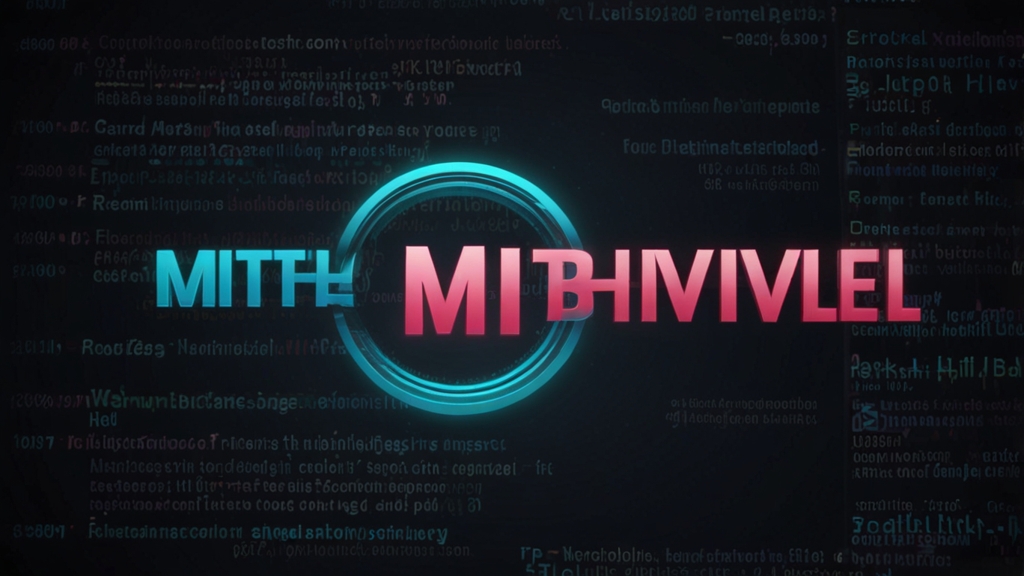Radical Epistemology Challenging Everything You Thought You Knew
Radical epistemology is a subversive field of philosophy that questions the very foundations of knowledge, encouraging us to re-examine assumptions and beliefs that we have long taken for granted. At its core, radical epistemology seeks to understand the limits and nature of knowledge, often proposing that what we consider to be "true" or "known" may be more fluid and less objective than we believe.
The Foundations of Epistemology
Epistemology, the study of knowledge, has traditionally focused on understanding what knowledge is, how it is obtained, and the degree of certainty it can possess. Classical epistemology operates under the assumption that the world is knowable and that through the application of reason and empirical observation, we can arrive at a relatively objective understanding of reality.
The Radical Departure
Radical epistemologists, however, challenge these assumptions. They argue that knowledge is not merely a reflection of an objective reality but is constructed through social, cultural, and linguistic frameworks. Therefore, what is "known" is contingent on these frameworks, and our understanding of truth is shaped by power dynamics and historical contexts.
"Radical epistemology posits that what we often accept as ‘objective knowledge’ is, in fact, a construct that serves particular interests and power structures. By questioning the neutrality of knowledge, it opens the door to more inclusive and diverse ways of understanding the world." — Dr. Jane McAdams, Professor of Philosophy
Constructivist and Deconstructivist Approaches
Constructivism is a key component of radical epistemology, emphasizing that knowledge is actively constructed by individuals rather than passively received. This perspective aligns with thinkers like Jean Piaget and Lev Vygotsky, who asserted that learning and comprehension are processes shaped by interaction with the environment and others.
Deconstructivism, another pillar of radical epistemology, involves the analytical approach of deconstructing texts, beliefs, and other cultural artifacts to expose underlying assumptions and contradictions. Influenced by figures such as Jacques Derrida, this method reveals the complexities and instabilities of meaning, suggesting that any claim to absolute truth must be met with skepticism.
"Deconstruction is not the breaking down of systems; rather, it is the rigorous examination of the contradictions that such systems contain. It calls into question the very possibility of a single, coherent interpretation of any text or reality." — Jacques Derrida
The Impact on Scientific Knowledge
Radical epistemology also extends its critique to the realm of science. While science is often viewed as the epitome of objective knowledge, radical epistemologists argue that scientific theories and practices are influenced by social contexts, cultural values, and historical conditions. This position is supported by philosophers like Thomas Kuhn, whose concept of "paradigm shifts" illustrated that scientific progress is not a linear accumulation of knowledge but a series of revolutionary changes in understanding.
This view does not necessarily diminish the value of scientific inquiry but rather encourages critical reflection on the assumptions and biases that may underpin scientific practices and conclusions.
Implications for Social Justice and Inclusivity
One of the most significant contributions of radical epistemology is its implications for social justice and inclusivity. By questioning whose knowledge is considered legitimate and whose perspectives are marginalized, radical epistemology advocates for a more inclusive approach to knowledge production. It highlights the importance of diverse voices and experiences in shaping a more equitable understanding of the world.
Conclusion
Radical epistemology invites us to challenge everything we thought we knew about knowledge. By questioning the foundational assumptions of traditional epistemology, it opens up new possibilities for understanding and engaging with the world. Whether through constructivist, deconstructivist, or inclusive approaches, radical epistemology pushes us to consider the power dynamics, cultural contexts, and historical influences that shape our conceptions of truth and reality.
In embracing the radical challenge, we embark on a journey of continuous questioning, learning, and re-imagining—recognizing that the quest for knowledge is as dynamic and evolving as the world itself.











